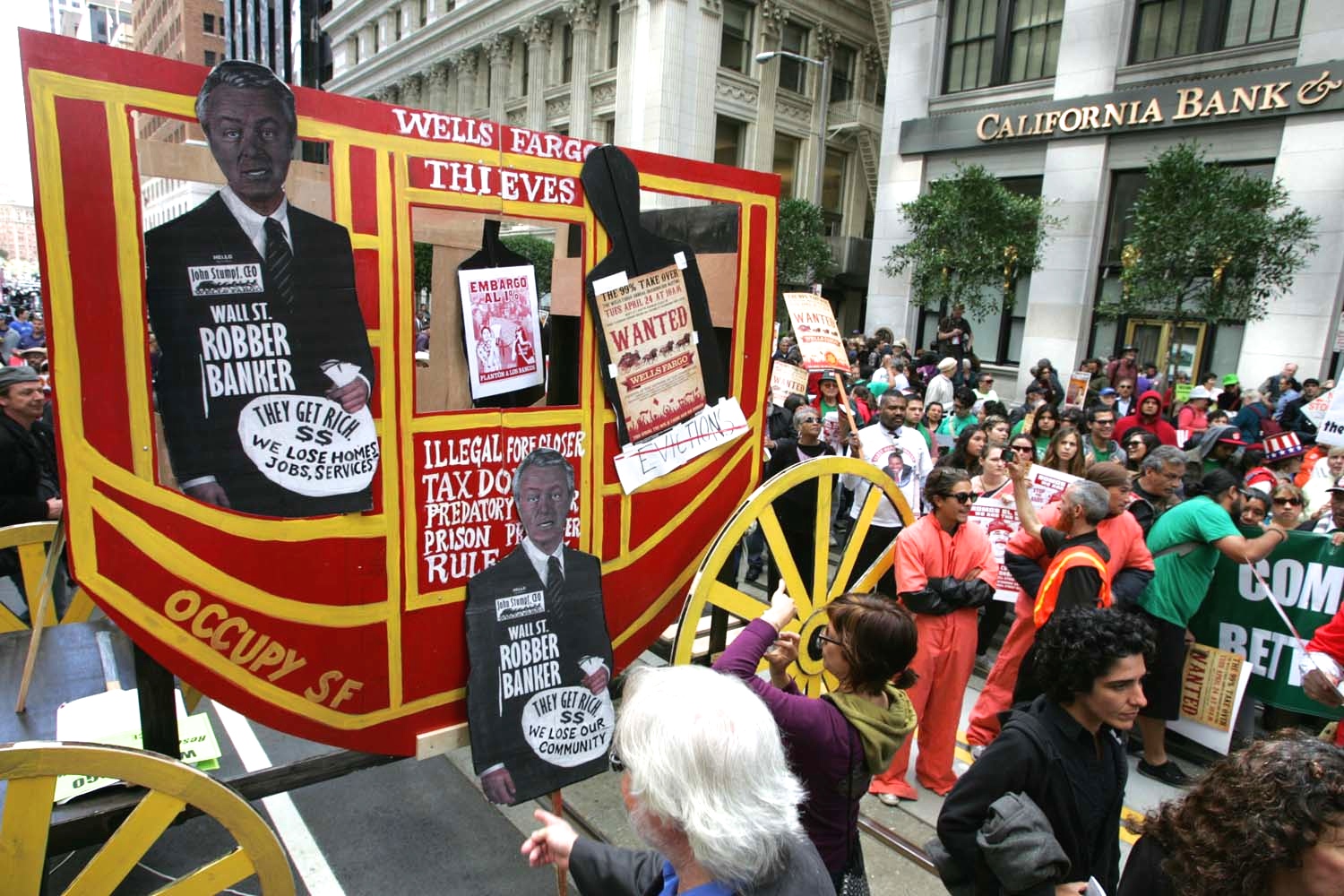 The Trump Administration has left little doubt that one of its main missions is to roll back the regulatory initiatives of the Obama years, especially the Clean Power Plan and the Consumer Financial Protection Bureau. Although Trump has been less overt about it, his corporate-friendly approach also includes weakening rules that have been around for decades.
The Trump Administration has left little doubt that one of its main missions is to roll back the regulatory initiatives of the Obama years, especially the Clean Power Plan and the Consumer Financial Protection Bureau. Although Trump has been less overt about it, his corporate-friendly approach also includes weakening rules that have been around for decades.
An important case in point concerns the Fair Labor Standards Act, the key federal wage and hour law that was signed into law 80 years ago by President Franklin Roosevelt. The culmination of decades of struggle over excessive workweeks, inadequate pay levels and child labor, the FLSA put the federal government in the business of combatting wage theft and other forms of workplace exploitation.
It accomplished that through a system of workplace investigations and the imposition of financial penalties on employers large and small. In a move that has received limited attention, the Trump Labor Department is seeking to replace rigorous enforcement with a system called Payroll Audit Independent Determination (or PAID) that puts employers on the honor system. Beginning with the dubious premise that wage and hour violations mainly derive from inadvertent mistakes made by managers, PAID will encourage employers to report irregularities on their own. When they do they will still have to pay back wages but will not be assessed damages or penalties.
Such a system makes a mockery of real enforcement. What makes matters worse is that PAID, which is being billed as a pilot program for now, is being pursued right after the U.S. Supreme Court’s disastrous Epic Systems ruling. That decision affirms the right of employers to compel workers to sign mandatory arbitration agreements that would severely curtail their ability to bring collective action lawsuits. As my colleagues and I at the Corporate Research Project and Jobs With Justice Education Fund showed in a recent report, these lawsuits have allowed workers to recover billions of dollars from large corporations.
PAID was featured in a recent NBC News feature on how the Trump Administration is relaxing regulatory enforcement in numerous areas. This prompted a group of Democratic Senators to express concern about PAID to the DOL, whose spokesperson responded that it was “premature to comment” on the program.
The controversy over PAID comes amid growing concern about the prevalence of wage theft. Some of those abuses apparently exist right inside the federal government. The Labor Department, which has not yet left the investigation business, is reported to be examining the practices of a company called Seven Hills, which manages the food court at the Pentagon.
Faced with the prospect of diminished DOL enforcement and restrictions on lawsuits, activists are looking to other solutions. Some of the most encouraging work is happening at the local and state levels. For example, Centro de Trabajadores Unidos en la Lucha (Center for Workers United in Struggle) is pressing Minneapolis Mayor Jacob Frey and the City Council to pass an ordinance dealing with wage theft.
In some parts of the country, law enforcement officials are taking the term wage theft literally and treating it as a criminal offense. For example, after a joint investigation by the Washington State Attorney General’s Office and the Department of Labor & Industries, a construction company and its owner pled guilty last month to a criminal charge of first-degree theft. Earlier this month, the New York Attorney General and the Inspector General of the Port Authority announced the arrest of a contractor for failing to pay prevailing wages at a publicly-funded construction project at LaGuardia Airport.
While it would be terrible to see DOL’s wage and hour enforcement system dismantled, there are other ways rogue employers can be brought to justice.
 Kudos to Sen. Elizabeth Warren for introducing a piece of legislation that filters out all the political noise and goes to the heart of one of the most pressing issues of the day: what can be done to change the behavior of large irresponsible corporations? Her answer: quite a lot.
Kudos to Sen. Elizabeth Warren for introducing a piece of legislation that filters out all the political noise and goes to the heart of one of the most pressing issues of the day: what can be done to change the behavior of large irresponsible corporations? Her answer: quite a lot. The Trump Administration likes to play with fire. Now it may be playing with a fire-resistant material that is also a deadly carcinogen. After years of receding as a public health threat, asbestos could make a comeback.
The Trump Administration likes to play with fire. Now it may be playing with a fire-resistant material that is also a deadly carcinogen. After years of receding as a public health threat, asbestos could make a comeback. The Justice Department and the federal regulatory agencies have been less than energetic in prosecuting corporate crime and misconduct lately, so it was interesting to see the DOJ
The Justice Department and the federal regulatory agencies have been less than energetic in prosecuting corporate crime and misconduct lately, so it was interesting to see the DOJ